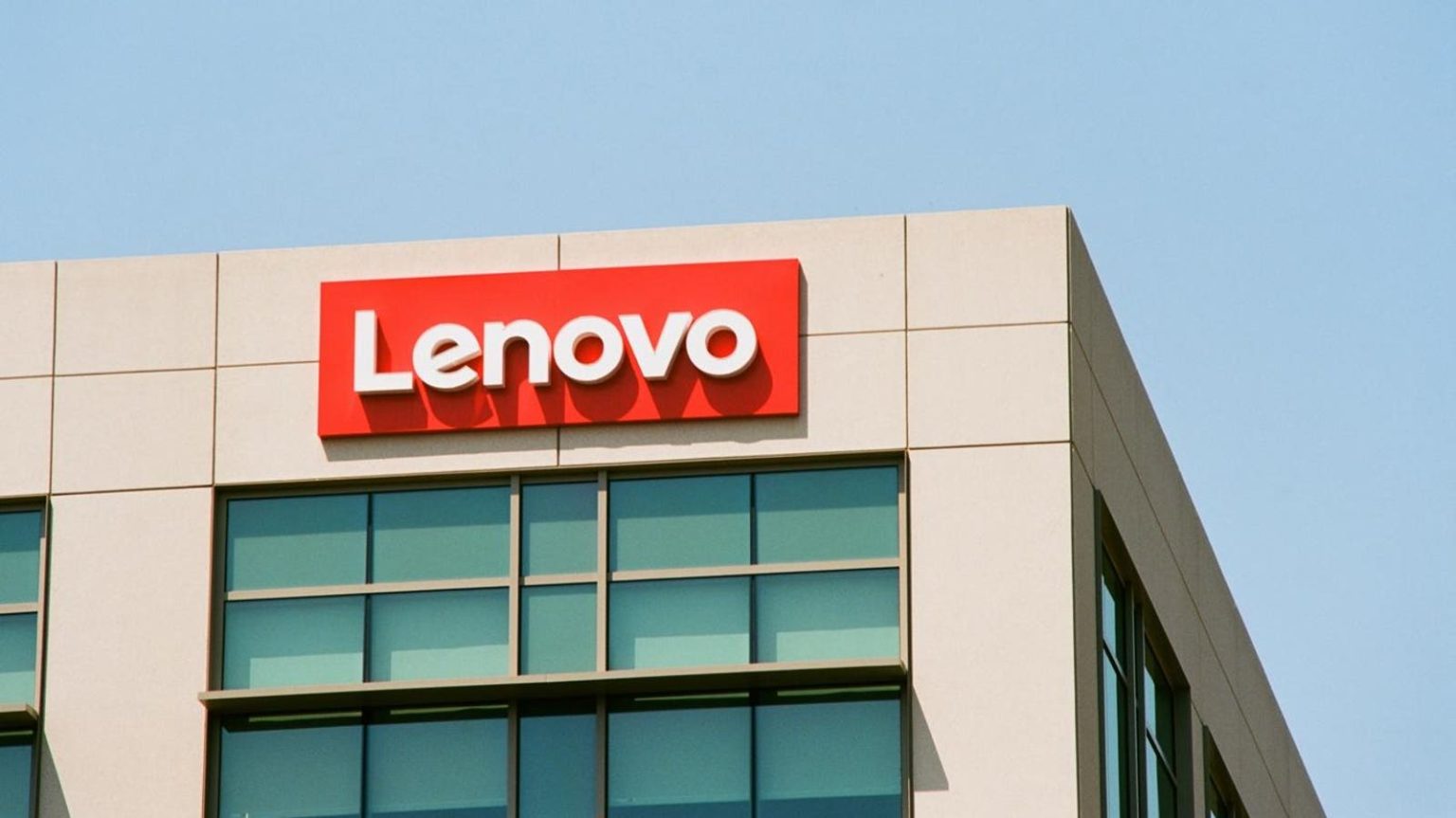Lenovo recently unveiled a range of AMD-based updates to its AI infrastructure portfolio, catering to the increasing demand for compute-intensive workloads seen in various industries like finance and healthcare. These offerings include high-performance GPU servers like the Lenovo ThinkSystem SR685a V3, designed for tasks such as generative AI and LLMs, and the ThinkSystem SD535 V3, a multi-node server focused on transaction processing and data analytics. Additionally, the ThinkAgile MX455 V3 Edge Premier Solution extends AI capabilities to the edge, making it ideal for distributed environments like retail and manufacturing.
The ThinkSystem SR685a V3 server features 4th Generation AMD EPYC Processors and 8 AMD Instinct MI300X GPUs, offering ample power and memory capacity for intense AI tasks. It also supports Nvidia’s HGXTM GPUs for added versatility. The server boasts 1.5TB of HBM3 memory and utilizes AMD’s Infinity Fabric interconnect for high-speed connections between CPUs and GPUs. On the other hand, the ThinkSystem SD535 V3 maximizes processing power while maintaining thermal efficiency, providing a scalable and dense compute solution for data centers.
The ThinkAgile MX455 V3 Edge Premier Solution, powered by AMD EPYC 8004 processors, integrates with Microsoft’s Azure Stack HCI to deliver enhanced AI and compute performance at the edge. Lenovo highlights the solution’s high performance with lower power consumption, making it one of the market’s most power-efficient Azure Stack HCI offerings. These new solutions, collectively, aim to address the evolving needs of AI workloads across industries by providing performance, flexibility, and scalability necessary for their effective deployment.
Lenovo’s collaboration with AMD to develop these AI-centric infrastructure systems is a strategic move to strengthen its position in the AI infrastructure space. By offering a diverse range of GPU-rich, thermally efficient systems coupled with flexible as-a-service options and professional services, Lenovo aims to cater to the increasing demand for scalable AI solutions in the market. The company’s efforts to establish itself as a leader in this space are evident through its comprehensive suite of solutions that address the requirements of various industries.
While Lenovo’s new offerings bolster its AI infrastructure portfolio, they also provide a significant opportunity for AMD to showcase its accelerator technology, particularly the MI300X accelerators. Lenovo’s support for AMD’s accelerators, along with Dell Technologies’ recent announcement supporting the same technology, underscores the growing competition in the market against Nvidia. The impending availability of non-Nvidia accelerators like AMD’s MI300x and Intel’s Gaudi 3 will challenge Nvidia’s dominance in the market, potentially signaling a shift towards greater choice for consumers.
In the coming quarters, the market will closely watch the adoption and success of non-Nvidia accelerators by OEMs like Lenovo and Dell Technologies. If these companies find traction with AMD’s MI300x and Intel’s Gaudi 3 accelerators, it could signify a changing landscape where Nvidia’s stronghold is not insurmountable. Lenovo’s collaboration with AMD and its introduction of these AI-centric infrastructure solutions are indicative of the shifting dynamics in the market, with companies looking to offer more choices and flexibility to customers in the realm of AI infrastructure.















